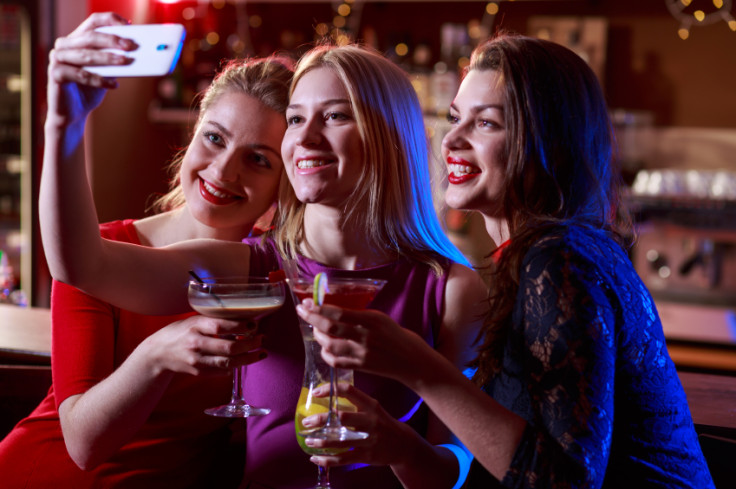How do you know when you've had too much to drink? Look around you
Understanding how people perceive intoxication could help reduce excessive alcohol consumption.
People rate their own level of drunkenness based the level of intoxication of people around them – not how much they have had to drink. In assessing how drunk people felt they were on a night out in Cardiff, researchers discovered people underestimate how drunk they are when surrounded by others who had also had too much.
Researchers at Cardiff University sought to better understand people's perceptions of their own drunkenness by assessing them while they were intoxicated in real-world environments – the first time such a study has been carried out. Previously, researchers only assessed people when they were sober in non-drinking situations, asking them to answer questions based on their memories.
Published in the journal BMC Public Health, researchers breathalysed more than 1,800 people of different social groups and different ages. Alcohol levels were taken between 8pm and 3am on Friday and Saturday nights across four locations where alcohol was sold.
Of the participants, 400 were asked about how drunk they felt and the risks involved. These included how drunk are you right now? How extreme has your drinking been tonight? If you drank as much as you have tonight every week how likely is it that you will damage your health/get liver cirrhosis in the next 15 years?

Findings showed people generally perceived themselves as moderately drunk and moderately at risk. However, findings showed people underestimated their drunkenness when surrounded by people who were also drunk. They found they felt more at risk when they were surrounded by more sober people.
Understanding people's drinking habits is an important step in getting them to reduce the amount consumed. More than 8,000 people died from alcohol-related problems in 2014, costing NHS England around £3.5bn ($4.6bn).
Simon Moore, one of the study authors, said: "This has very important implications for how we might work to reduce excessive alcohol consumption. We could either work to reduce the number of very drunk people in a drinking environment, or we could increase the number of people who are sober. Our theory predicts the latter approach would have greatest impact.
"Researchers have historically worked under the assumption that those who drink most alcohol incorrectly 'imagine' everyone else also drinks to excess. It turns out that irrespective of how much someone has drunk, if they observe others who are more drunk than they are, they feel less at risk from drinking more."
© Copyright IBTimes 2025. All rights reserved.






















